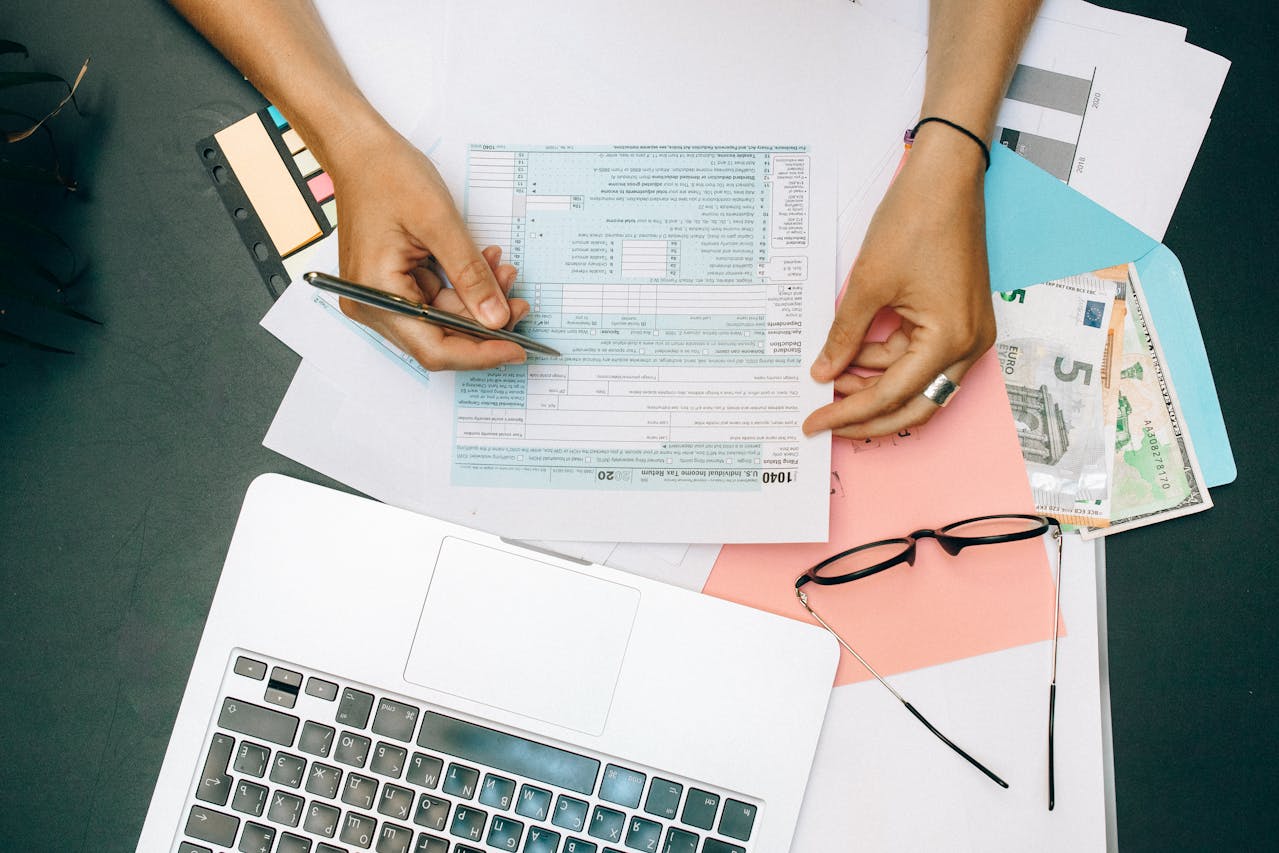All I Want for Christmas is a Completed Tax Return
There’s nothing like waking early on Christmas morning and rushing downstairs to open your online tax return...
It may not be your idea of a fun Christmas tradition, but if you use the extra time off over the festive period to get your tax return sorted, you can see in the New Year with a clear conscience and a paid bill – instead of the guilt pangs and nagging worry that hit the 5 million people who are still likely to be putting it off.
You don’t have to devote Christmas Day to it; there are endless less exciting days over the festive period, when a tax return may actually help break the monotony. You have to ask yourself whether you usually have a particularly memorable 28th December – and whether you’ll really be missing out if you spend a few hours with your tax return instead.
5 tricks to make your tax return simpler
-
Check you can get into the system in advance
Before you do anything else, sign into the Government Gateway. If you’re doing it online for the first time, you’ll need to sign up, and wait up to seven days for your code to arrive. If you’ve used the system before, sign in now and check you haven’t forgotten your log in details.
-
Spend some time on your preparations first
If you’re not great at filing, don’t try to do everything at once: day one should be about tracking down paperwork, and ordering copies of anything you can’t find.
This includes certificates for savings accounts or dividends, pension statements, proof of any employment income and a P11d. If you work for yourself, you’ll want bank statement, sales invoices, receipts for expenses and paying-in books. If you received income from letting property, you need letting agreements, and bills for expenses and management fees.
-
Make sure you’re claiming for everything you can
Check that you’re claiming for all the reliefs and exemptions available to you. This includes pension tax relief and gift aid for higher rate taxpayers. Government figures show that only 22% of higher rate taxpayers claim the additional relief on gift aid they’re entitled to – but it can really add up.
If it seems like a lot of bother to claim for something, check if there’s a simpler option. If, for example, you are self-employed and work from home, you can do the calculations and count some of your household bills as expenses. Alternatively you can just use the flat rate of £10 a month for 25-50 hours a month, £18 for 51-100 hours, and £26 for 101 hours or more.
-
If in doubt, get help
There’s loads of great information on the HMRC website, which has really improved in recent years. You can find the answer to almost any question that’s likely to crop up. There are also plenty of guides and videos offering tips to save you time and money.
If you can’t find what you’re looking for, then other than on Christmas Day, Boxing Day and New Year’s Day, you can phone the self-assessment helpline. Unfortunately, the closer you get to the 31 January deadline, the busier the helplines get, so you could spend some time on hold. However, if you stick with it, you can get the guidance you need.
-
If you’re going to need an accountant, get a move on
If you already know that nothing will persuade you to touch your tax return over Christmas, be honest with yourself about whether you’re going to need an accountant to sort it for you, and contact them before the break. Don’t leave it until January, when accountants are snowed under, and many won’t have the time to take new clients on. Professional help will typically cost between £100 and £300, so you’ll need to decide if it’s worth the expense.













